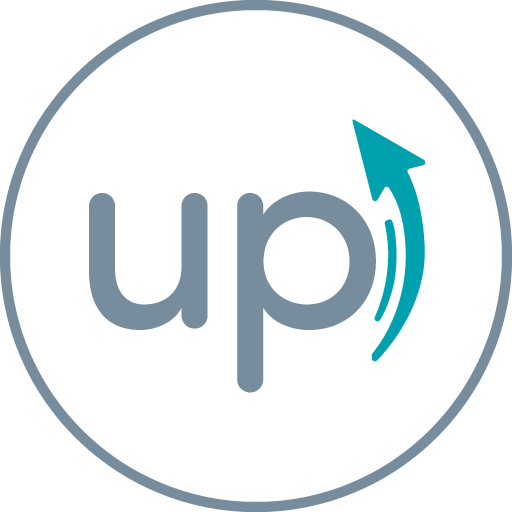Technical job interviews are an important part of the hiring process for managers in the technology, computer science, and engineering fields. These interviews include assessments and technical questions that test a candidate’s role-related skills and can be particularly useful when niche tech roles are on the line.

No one knows this better than Neil Roseman, the former Technology VP for Amazon and Zynga. Niel has interviewed hundreds of tech candidates and has shared 4 insightful tips on how he evaluates technical talent:
1. Change Your Approach
Many recruiters make hiring decisions based on basic credentials, Ivy League college educations, GPAs, or high-level questions. Niel states that while these are good benchmarks, hiring a candidate involves a much deeper dive into who they are, what they have accomplished, and what they have to offer.
Roseman states recruiters should, “…carefully curate each step in the interview process to elicit detailed information on skill sets, actual accomplishments, cultural fit, and leadership potential.” This encourages candidates to have open dialogue about their job experiences and give the interviewer a better idea of their overall fit.
2. Dig Deeper Than the Resume
When screening resumes, Roseman looks for areas where he can push candidates to expand on existing skill sets. “I always look for how they measure their success, especially if they make comparisons or use percentages like ‘I grew revenue by 50% or I decreased downtime by 30%.’”
Instead of taking things at face value, find out what the applicant did in previous roles. Roseman notes that sometimes when high-level assertions like these appear on resumes, the person hasn’t actually done them or was only a participant and knew very little about the process. Top applicants can always explain and back up their statements, regardless of how deep your inquiries go.
3. Craft Smart Questions
Niel stresses that drafting curated technical interview questions is vital.
Your team should start by evaluating the job description and high-level skills required for the job, then research interview content on platforms like Glassdoor™ and Quora™ for inspiration. You can borrow questions from these sources and customize them to your organization.
Your team can then drill down into what granular questions to ask and what the ideal answers are. Roseman loves questioning engineering applicants on product design, saying “…great engineers should be more than order takers; they should be actively involved in product creation.”
Additionally, design questions that can help you learn how a candidate thinks. Niel suggests drilling applicants on specific previous products they’ve worked on or asking them to create a short portfolio presentation to determine their competency.
4. Assemble Your Hiring Team
Your hiring team helps you determine the quality of the individuals you hire. Every candidate necessitates careful consideration, so leaders must train interviewers and examine their decision-making processes. The feedback given by a hiring team should be concise and conclusive.
It’s vital to keep this statement in mind when training your hiring team:
- Don’t waste your time, the company’s time, and the candidate’s time by not offering detailed feedback. If, after the end of an interview, all you can say is “I kind of liked them, I think they’d be good,” everyone’s time has been wasted.
Generic answers to interview questions lead to ambiguity among team members, so be precise about what you like and don’t like about a prospect.
Here’s a distilled list of hiring rules to consider:
- Scrub the candidate’s résumé beforehand to understand their experience
- Alleviate everyone’s nerves by starting with proper introductions
- Have predetermined questions to help your hiring team recognize excellent responses right away
- Give plenty of time to complete any hands-on assessments (if applicable)
- Make a high-level inquiry. Examine how people think about the ‘big picture’ especially when it comes to tech projects
Modern recruiters should always take a holistic approach by evaluating a tech candidate’s talent, culture fit, and future growth potential. That said, the technical interview is by far the most efficient way to determine individual skill fit per role. With the 4 guidelines outlined above, you’re on the right track to finding the best fit for your next open tech role.


About the Author
Vince Dorazio has 20+ years of experience in the recruiting and tech industry. He is currently the Founder & CEO of UpRecruit, a recruiting platform that intelligently matches tech talent to innovative companies. He has a passion for the start-up community and serves as a mentor, advisor, and board member to multiple SaaS companies and non-profits.